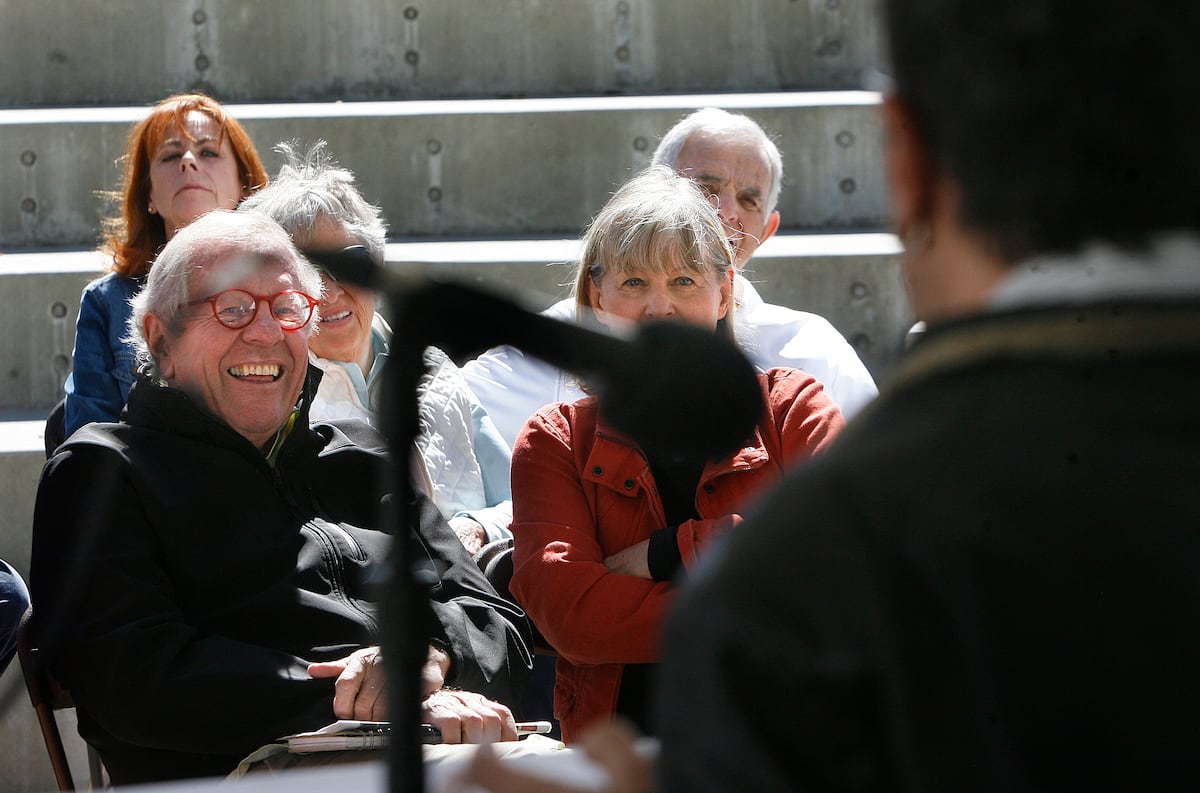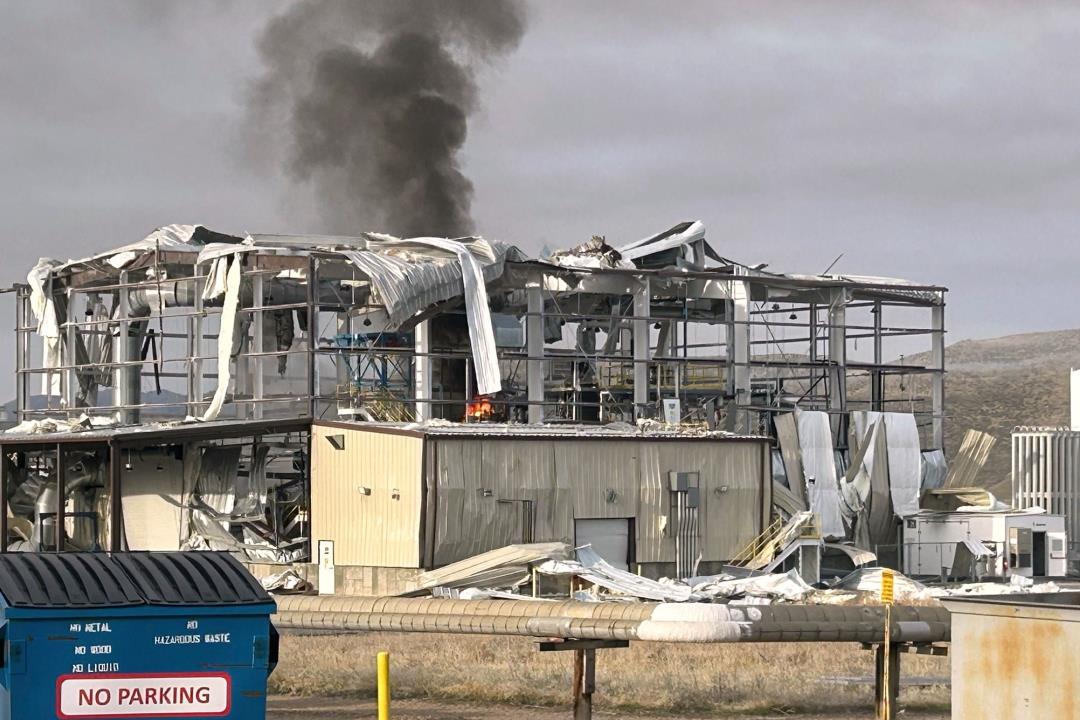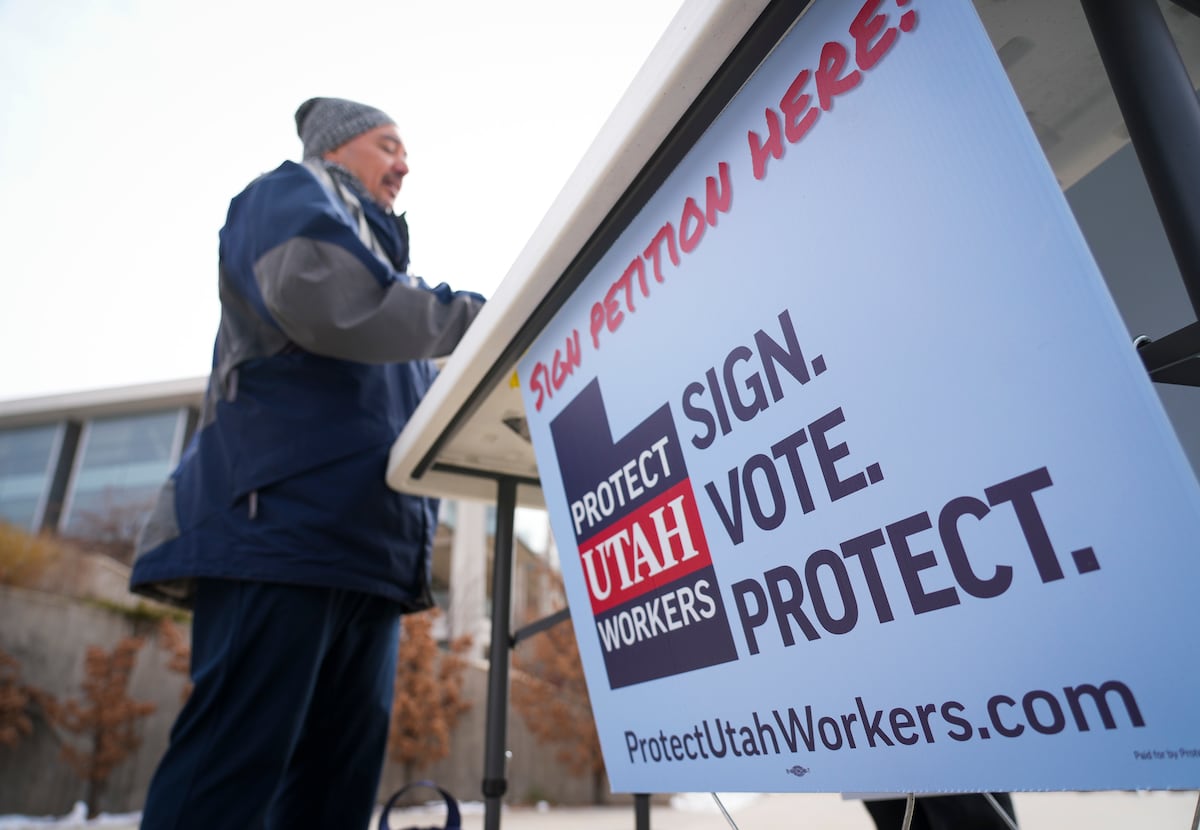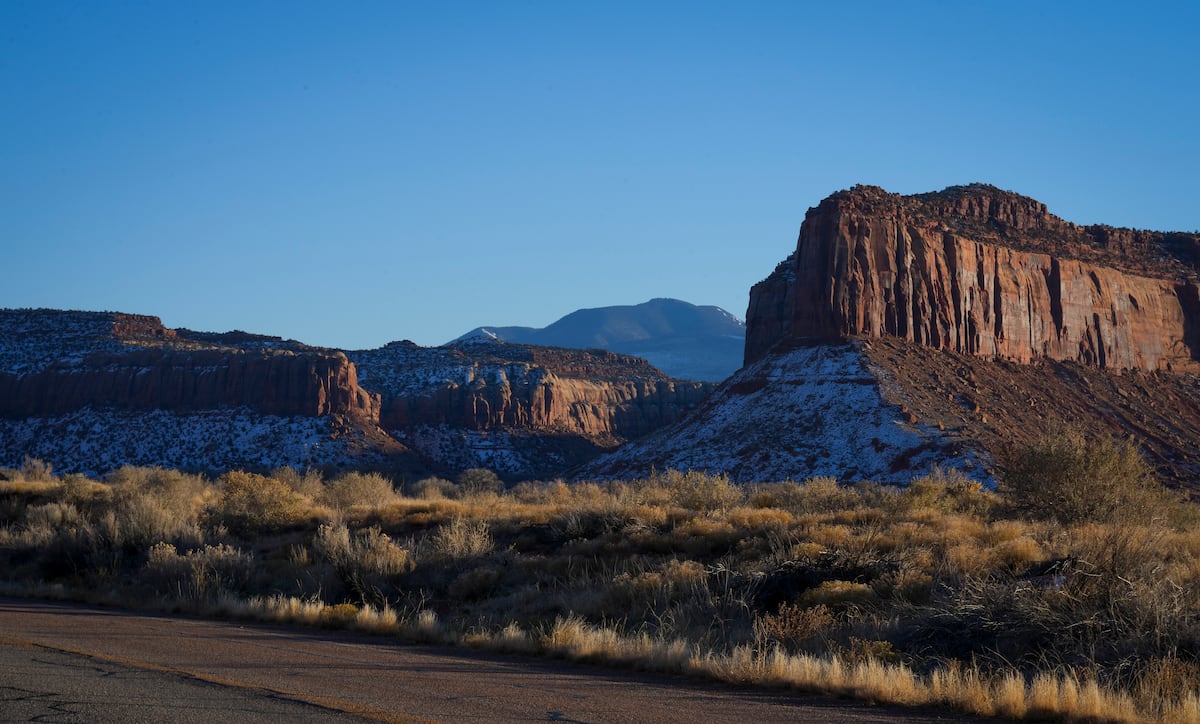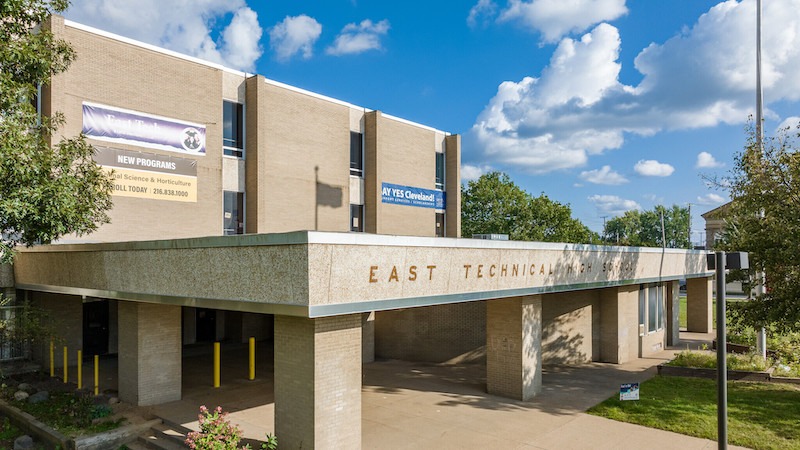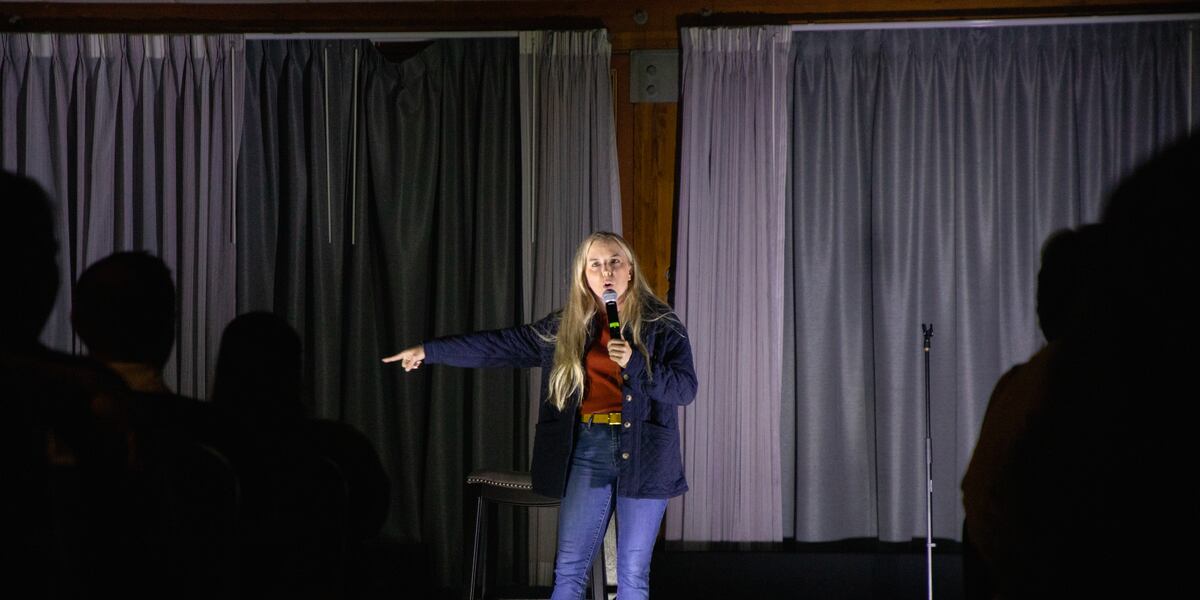If you do a job badly, chances are you won’t be asked to do it again.
That is the most likely motivation for the Trump administration’s moves to make large cuts in the already overworked public lands agencies such as the Bureau of Land Management, National Park Service and U.S. Forest Service.
If you destroy the federal government’s ability to wisely manage and protect the public lands that belong to all Americans, it pretends to boost the case that the feds should have less land to manage and protect. That they should give it to the states or sell it to private developers.
The cuts echo the anti-public lands mantra of many of Utah’s Republican elected officials. The politicians who claim, without a shred of evidence, that the state could do a better job of caring for the 42% of the state that is owned by the BLM. Who are more likely to sell the land off to the highest bidders than to commit the state to the cost of true stewardship.
Arguments, from U.S. Sen. Mike Lee and others, that some federal land should be used to ease the state’s severe housing shortage are weak. They would only make sense if any such transfer came with strict rules limiting use of former federal land to truly affordable housing, in places where utilities, roads and other infrastructure are already in place, and not to be turned into more multi-million-dollar ranchettes.
This is not to argue that every federal employee is essential and every federal office sacrosanct. As in any large organization, there are jobs that aren’t being done well or don’t need doing at all.
But a careful review of each function and incumbent is necessary before the ax comes out. And, as Grand County officials have pointed out, local economies across the state are threatened by the loss of the jobs, and the incomes, of federal employees.
(Francisco Kjolseth | The Salt Lake Tribune) From left, Utah Senate Minority Leader Luz Escamilla, former co-chair of the Bears Ears Intertribal Coalition Regina Lopez-Whiteskunk, author and advocate Terry Tempest Williams and Autumn Gillard of the Piute Indian Tribe of Utah, join a rally to protect public lands at the Utah Capitol on Saturday, Jan. 11, 2025.
The work that won’t get done — everything from cleaning toilets and maintaining roads to drafting environmental impact statements and permitting useful new energy projects — will be missed.
As we would also miss the fees and royalties, $9.6 billion a year collected by the BLM, compared to the $1.7 billion the agency spends.
The answer is not to abandon the federal government’s responsibility to manage our public lands, but to demand that it be done better.
Editorials represent the opinions of The Salt Lake Tribune editorial board, which operates independently from the newsroom.








